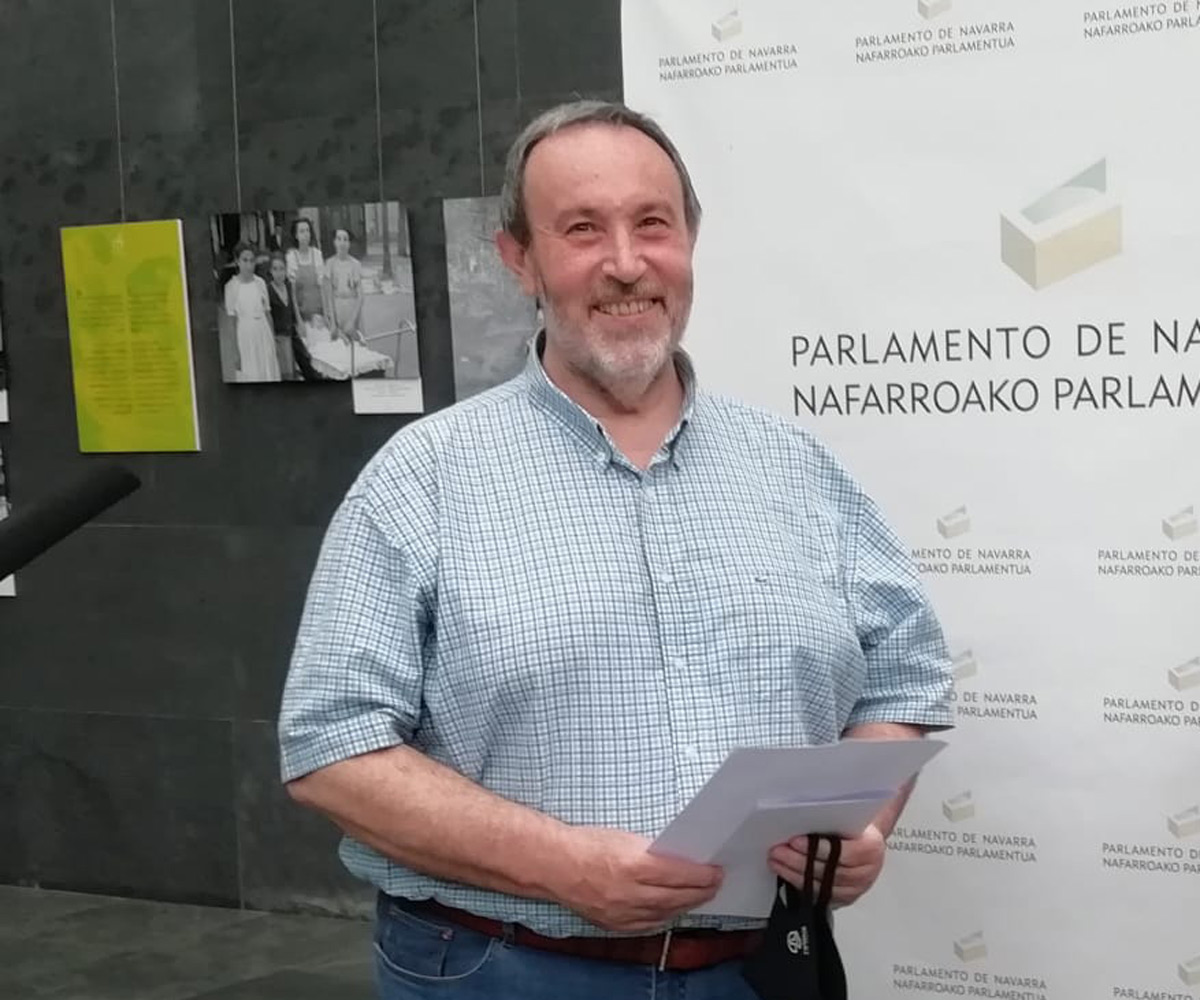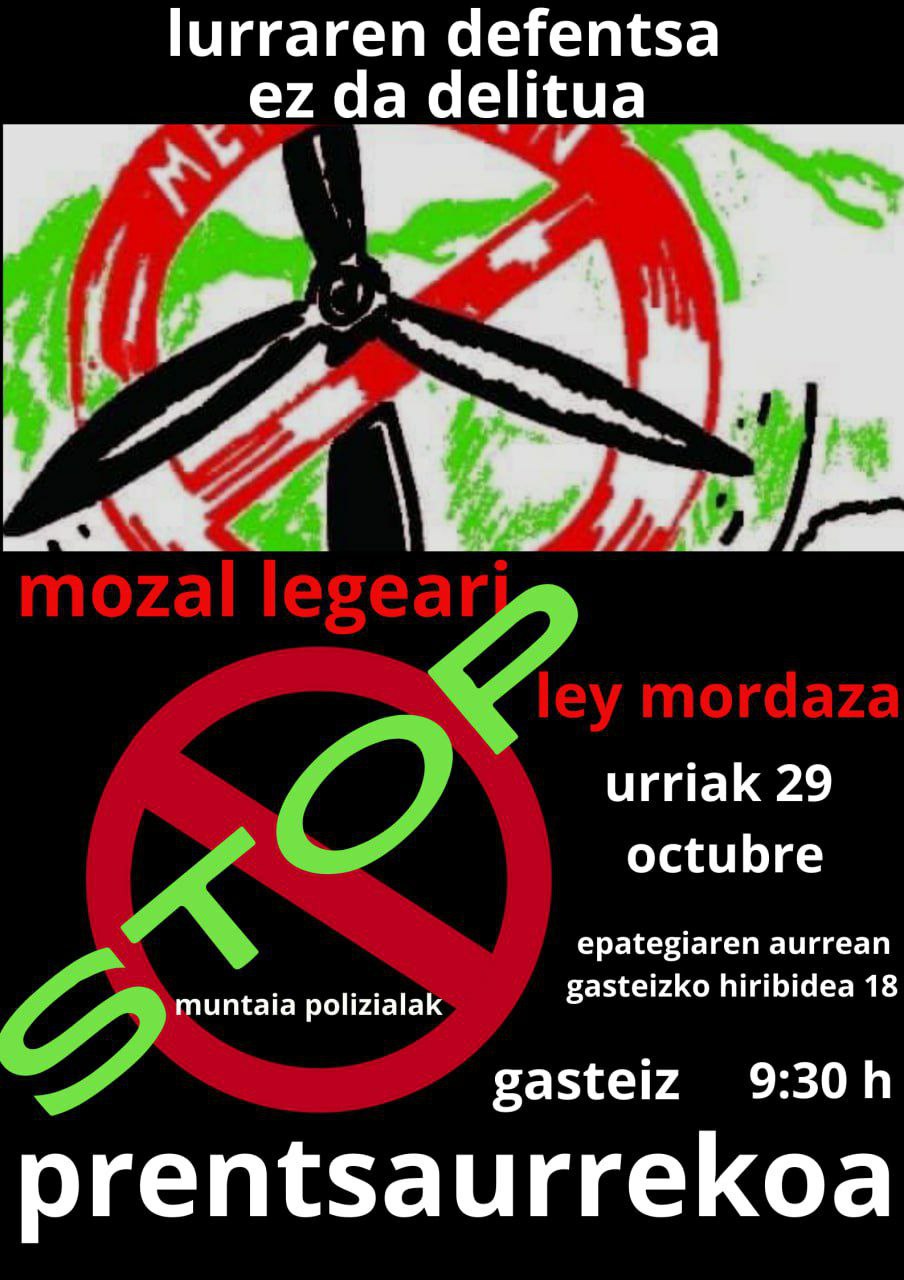The right to be forgotten?
The term initially emerged on the Internet: the right to be forgotten was the user’s decision to remove the traces of the network. This recognition, for example, served to ensure that once the Facebook account was closed, your personal information would disappear (all: photos, comments, interviews).
Recently, the term has been extended to oncology: the right to be forgotten is the possibility of preserving one's own private clinical history. For example, when hiring insurance or applying for a loan, companies will not be able to consider whether the customer has suffered cancer in the past.
What to do when the tortured wants to be forgotten? How do we reconcile our collective memory with their individual anonymity? Should historians accept that these facts have not been collected?
I have recently come to the forefront of the term, in connection with some recognition received by victims of police violence. I have taken into account acquaintances subjected to torture and how they have been involved in the Charlatan outbreaks: they do not like to remember what happened, and therefore lead to another place. They also seem to expect to be forgotten.
Surely many victims act as if the torture had never happened, because the wounds are still painful or because with effort they have removed from memory those terrible experiences. Of course it is understandable. As a historian, however, I fear that this silence, along with personal oblivion, will not bring with it that of the whole of society, because, if you do not tell, it is safe to lose that part of the story.
There are my doubts: What to do when the torture wants to be forgotten? How do we reconcile our collective memory with their individual anonymity? Should historians accept that these facts have not been collected? In short, is there a right to be forgotten in history?
Paulo Alberdi, historian
Bidali zure iritzi artikuluak iritzia@argia.eus helbide elektronikora
ARGIAk ez du zertan bat etorri artikuluen edukiarekin. Idatzien gehienezko luzera 4.500 karakterekoa da (espazioak barne). Idazkera aldetik gutxieneko zuzentasun bat beharrezkoa da: batetik, ARGIAk ezin du hartu zuzenketa sakona egiteko lanik; bestetik, egitekotan edukia nahi gabe aldatzeko arriskua dago. ARGIAk azaleko zuzenketak edo moldaketak egingo dizkie artikuluei, behar izanez gero.
Wikipedia.org considers that Gish gallop (Gish's gallop) or the machine gun of fallacies "is a technique of controversy that attacks the opponent with as many arguments as possible, without taking into account the accuracy or solidity of those arguments" and would have as side... [+]
The origin of the term lies at the beginning of the nineteenth century. At that time, the imperialist pretensions of the British Liberals clashed with the Russians, which spread in Asia and hindered the desire for colonization of England. To protect its interests, England used... [+]
I started to mentally write my article while I was in the car. I usually have the best ideas in the car while driving alone. I'm going to Bilbao, to the Arriaga theater. The Artedrama company is today staging the Miñan play. It's Friday, October 25.
Approaching the atrium of the... [+]
The society in which we live is absolutely based on subordination. Over the centuries, our lives have been shaped according to it, and little by little the power of decision, freedom and sovereignty have been reduced. Sometimes they've taken us away with force, sometimes we've... [+]
What blew me a lot is the way some doctors talk to the patient. They talk to us about pain as if we were children. As I have had two kidney transplants, I know what I mean: among other things, I have had a tube inside my penis. Because of the anesthesia, I didn't feel how I got... [+]
The two main voters in Kanbo (the mayor and the prime minister) are the rabid ones. Three citizens have been beaten with a plainta, for protesting in favour of the eviction of the neighbor Marienea.Es the second time that, at 06:00 in the morning, they take us out of bed (with... [+]
“The time has come for courageous, comprehensive and noble proposals (…) for Euskal Herria to re-enter the world’s revolts,” said friend Hartu López Arana in her opinion article “For an effective aggression” published in ARGIA magazine in July 2018. Six years have... [+]
We are seeing more and more spelling errors in the writings of social networks, not only of young people, but also of the media. Some have become so common that they hardly hurt their eyes.
In this way, we can read in Spanish many things like: "You lose a dog," "It'll be that or k... [+]
Comprehensive planning
Today's cities need profound transformation processes in all areas. The challenges faced by societies and cities are enormous and to address them it is essential to carry out comprehensive diagnostic and planning exercises and, subsequently, to make shared... [+]
By 21 October, the network, named Palestinian Gernika, called for mobilizations. This is an initiative to denounce the genocide suffered by Palestine and to fight for peace, and it cannot be put against these two causes. Solidarity leads us to position ourselves in favour of the... [+]










